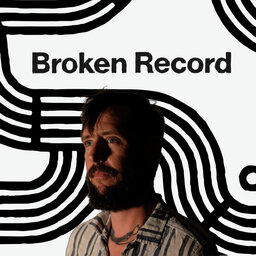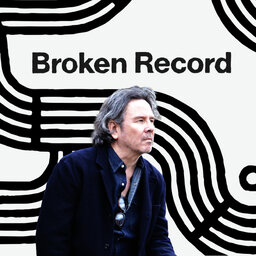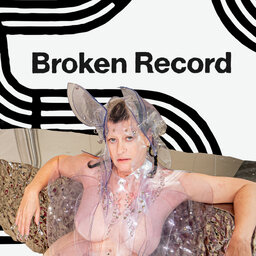Run the Jewels recently took a (smoke) break while working on their fourth album at Shangri-La and taped this podcast with Rick Rubin. Killer Mike and El-P tell Rick about the music that first caught their imaginations as kids, how Run-DMC inspired their philosophy as a group, and who would be the court jester—and who would be a tribe leader—in their post-apocalyptic fantasy world.
Learn more about your ad-choices at https://www.iheartpodcastnetwork.com
 Broken Record with Rick Rubin, Malcolm Gladwell, Bruce Headlam and Justin Richmond
Broken Record with Rick Rubin, Malcolm Gladwell, Bruce Headlam and Justin Richmond


